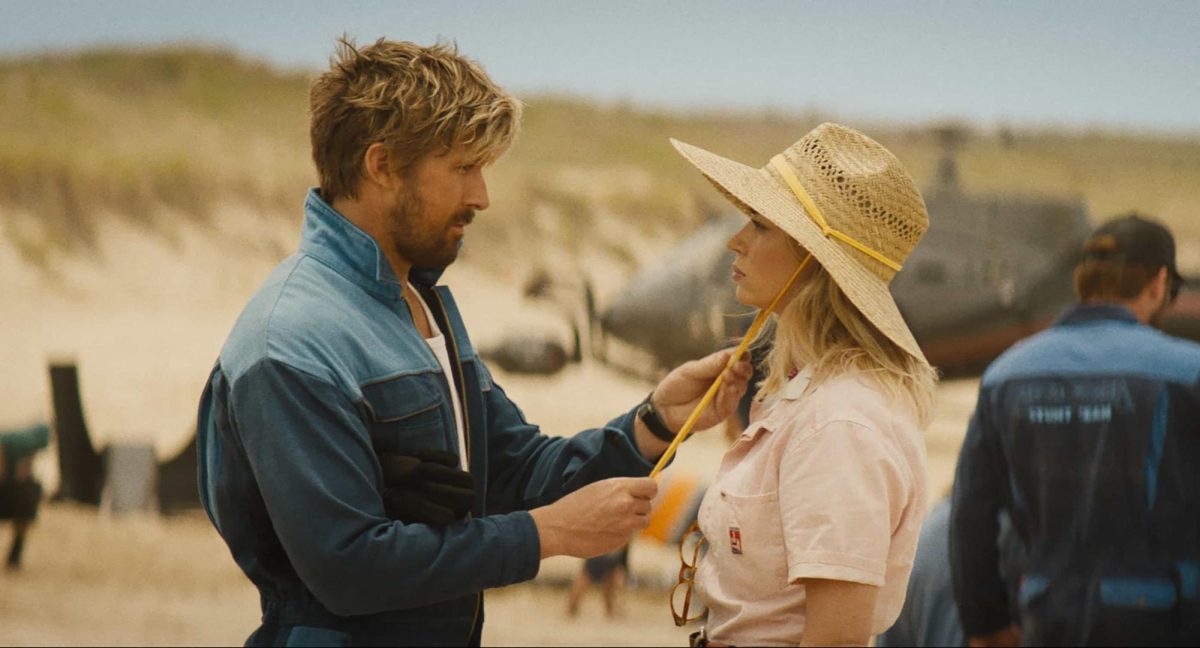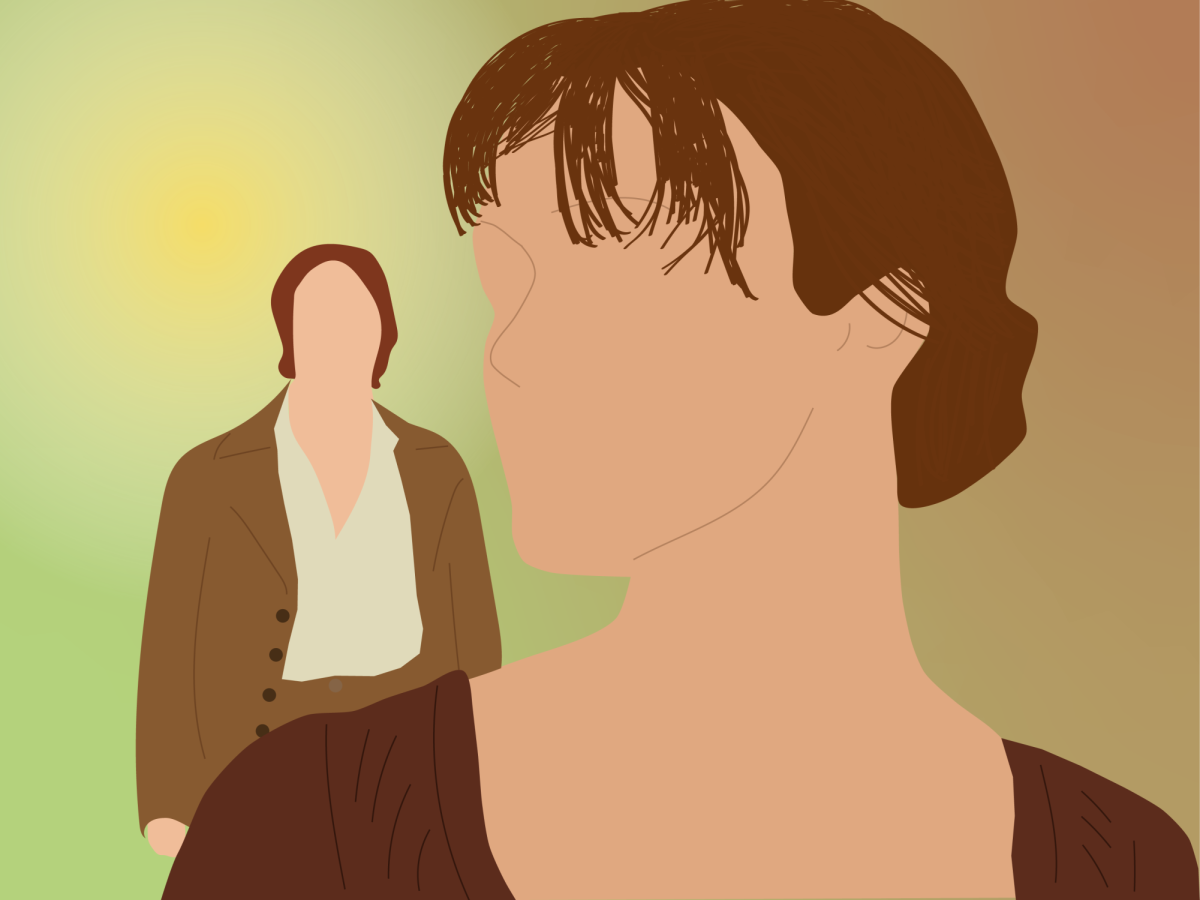
By Ann Musheno, News Correspondent
As the first female disk jockey in the history of Northeastern’s radio station, Donna Halper was once a history maker. Forty-three years later, she is a history keeper.
On Feb. 21, Halper released her third book on media history, “Boston Radio: 1920-2010.” The book tells the history of Boston radio from its foundation in the 1920s at a time when there was only one station in Boston, continuing through to the present state of radio in the city.
Halper said she wrote the book because she felt that radio and its history were not appreciated for their impact on Boston.
“Radio has really been part of the fabric of this town since 1920,” she said.
Since television came along, Halper said, people have been predicting the demise of radio.
Assistant Professor of journalism Dan Kennedy is featured in the book for his work as a pundit on WGBH-TV and his guest roles on several radio talk shows.
“Radio did not replace newspapers, magazines and books, and television did not replace radio,” he said.
Halper said that with her newest book, she sought to show that radio has been reinvented many times and is adaptable to the new trends.
The history in the book touches on such subjects as the progression of women into the media field, radio’s connection with popular culture, and the emergence of the FM frequency. A large focus of the book is on the personalities behind radio whose stories needed to be told, Halper said.
In telling these stories, Halper used more than 200 images, many of which came from her own “pretty large” collection. She said she collects the photographs because she wants to ensure that people have images of their favorite radio stars, especially as audio records are now scarce.
Halper spent 13 years as an announcer, music director and assistant program director in four major radio markets, as well as a radio programming and management consultant in markets of all sizes throughout North America, for 23 years.
“I mainly know Donna as a radio consultant, and as a trusted source I would call upon whenever I was doing a story about radio during my years as the media columnist for the Boston Phoenix,” Kennedy said.
Halper also served as an instructor at Emerson College for 18 years, teaching in the Department of Journalism and in the Institute for Liberal Arts. Since 2008, she has served as an assistant professor of communication at Lesley University, where she is helping to build a new media studies program.
While at Northeastern she majored in English and minored in education. Halper said when she entered Northeastern in 1964, the school was extremely gendered, and the School of Journalism did not want her.
When she first tried to join WNEU, then the campus radio station, she said she was told she could not because she was a woman. She said it was a “four-year battle” to reach her goal of becoming a DJ. She said that the reasoning behind WNEU’s refusal to allow her to disc jockey was that women, without deep voices, would sound bad on the air.
“I knew from the time I was 10 years old I wanted to be in media,” Halper said.
During her difficult time trying to get on the air for WNEU, a source of encouragement for Halper was the career of Arnie Ginsburg, a radio disc jockey who Halper described as “the king of AM Top-40 radio,” who is featured on the cover of her book. Halper said Ginsburg had a high, squeaky voice, yet he managed to be successful, despite his pitch. To Halper, Ginsburg was funny, entertaining and “what Top-40 radio was all about.”
Although she was finally permitted to go on the air at WNEU in October 1968, Halper said it was still challenging to work at the station.
“It was difficult,” she said. “They didn’t want me there.”
Still, she went on to receive Bachelor of Arts, Master of Education and Master of Arts degrees from Northeastern. Despite the difficulties she experienced pursuing her dream, Halper said she does not regret attending Northeastern.
“I always thank Northeastern for the contribution it made to my life,” Halper said.











